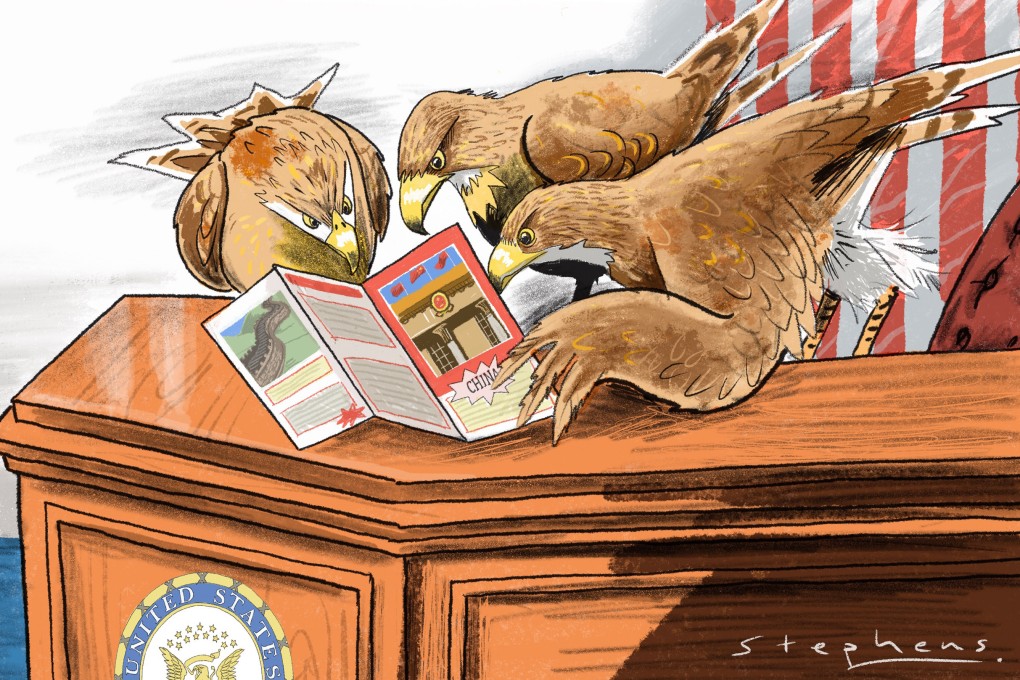Advertisement
Opinion | US-China relations: restart Congressional visits to mainland to revive dialogue and understanding
- With Congress playing a bigger role than ever in the US-China relationship, it is important for Beijing to restart face-to-face interaction with US delegations
- Engaging with US lawmakers will not be easy, but the risk is surely greater not to engage with an increasingly hands-on Congress
Reading Time:4 minutes
Why you can trust SCMP
5

Congress has arguably never played a bigger role in the US-China relationship. Since the 118th Congress convened in January, lawmakers have introduced a lengthy series of China-related bills, met Taiwan’s president, Tsai Ing-wen, in both the United States and Taipei, questioned TikTok’s CEO and formed a new select committee that has labelled the Communist Party an “existential threat” to the US.
After this flurry of events, it is perhaps no wonder that the US Congress is seen as a hawkish and destabilising influence in US-China relations, at least in Beijing. But it has not always been this way.
After the “red scare” of McCarthyism in the 1950s, congressional activities such as the 1966 Senate hearings on China played a key role in building a climate in which rational discussion could take place again. It was driven by figures with a deep interest in Asia, such as senators Mike Mansfield and J. William Fulbright.
Advertisement
After president Richard Nixon’s historic visit to China, Mansfield and Fulbright were among the legislators who visited China between 1972 and 1978 as part of congressional delegations. As the administration’s outreach to China waned with Nixon’s downfall and president Gerald Ford’s domestic preoccupations, these delegations became the most active channel of communication between the two governments to reach agreements on normalising relations.
These early visits, generally followed by reports and hearings that provided first-hand evaluations of China, played an important role in helping the rest of Congress and the broader American public understand China’s political system, its attitude towards the US, and the importance of improving bilateral relations.
Candid discussions with legislators helped Chinese leaders understand the dynamics and positions of Congress. The visits also served to promote economic cooperation in fields such as agriculture and aviation and left a strong impression on lawmakers which would go on to play key roles in shaping US foreign policy, including a young Joe Biden who made his first trip to China in 1979.
Advertisement
Select Voice
Choose your listening speed
Get through articles 2x faster
1.25x
250 WPM
Slow
Average
Fast
1.25x

